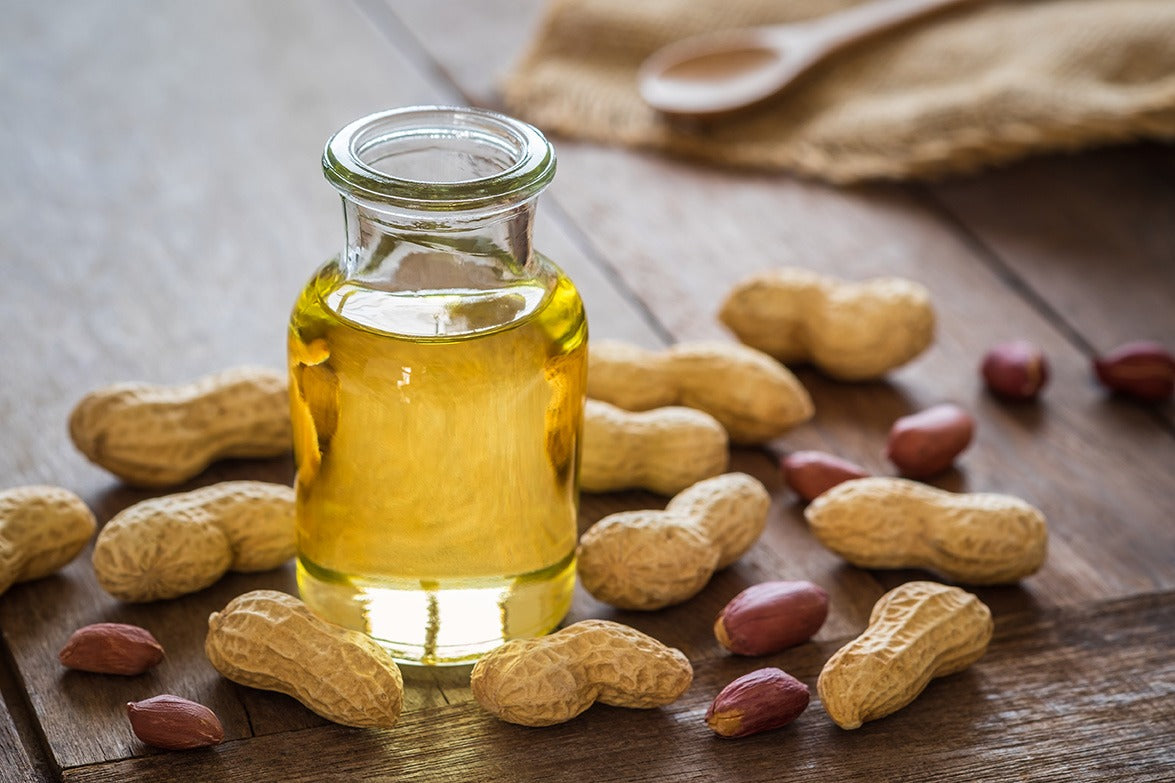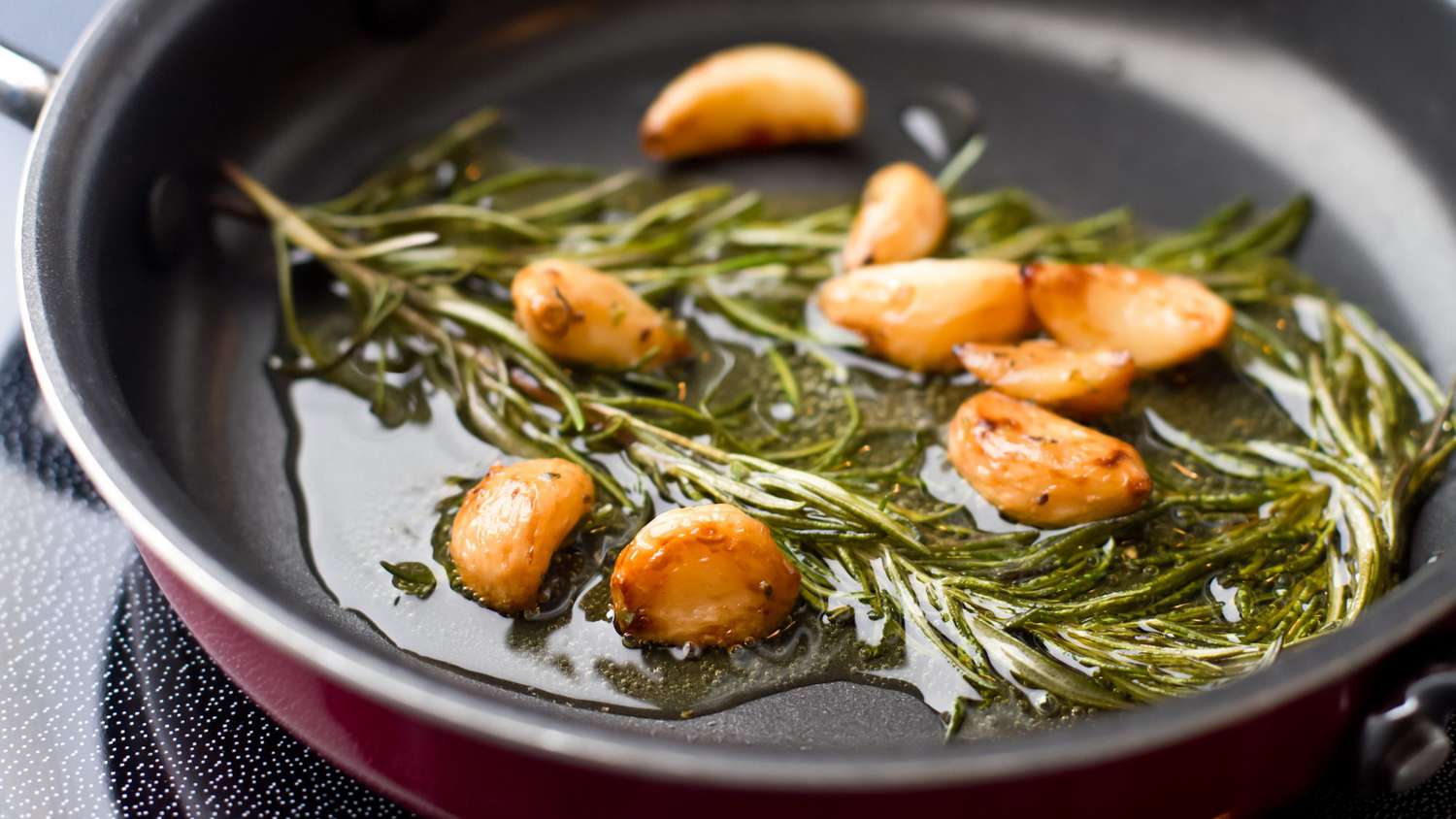For kitchen professionals and home cooks alike, understanding the shelf life of your favorite ingredients is crucial. One commonly used oil in many kitchens is peanut oil. How long does peanut oil last? Knowing this can significantly impact the quality of your dishes and the safety of your cooking space. In this article, we'll delve deeply into the longevity of peanut oil, effective storage techniques, and how to identify if your oil has gone bad.

Why Knowing Shelf Life Matters
Food safety is paramount in any kitchen. Using expired ingredients not only affects the taste of your meals but can also pose health risks. Peanut oil is no exception. Understanding its shelf life ensures you use it when it's at its freshest and safest.

Factors Affecting the Shelf Life of Peanut Oil
The shelf life of peanut oil isn't a one-size-fits-all answer. Several factors influence how long your peanut oil will last, including:
- Storage conditions
- Exposure to air
- Temperature
- Light exposure
- Type of peanut oil (refined vs. unrefined)
Storage Conditions
Peanut oil stored in a cool, dark place will last significantly longer than oil exposed to heat and light. The ideal storage temperature is around 57F - 70F (14C to 21C). For more on optimal storage, visit our kitchen storage tips.
Exposure to Air
Like many oils, peanut oil can oxidize when exposed to air. This process breaks down the oil, leading to rancidity. Always keep the lid tightly sealed when not in use. Learn more about air-tight storage.
Temperature
High temperatures accelerate the degradation process of peanut oil. Avoid storing it near stoves, ovens, or other heat sources. For our guide on keeping your kitchen cool, check out temperature control tips.
Light Exposure
Light can also speed up the oxidation process. Consider storing peanut oil in a dark pantry or cupboard, away from direct sunlight. Protect your ingredients better by learning more about light exposure effects.
Type of Peanut Oil
Refined peanut oil typically has a longer shelf life compared to unrefined varieties. Refining processes remove impurities that can cause the oil to spoil faster.

Signs that Peanut Oil Has Gone Bad
No matter how well you store your peanut oil, it will eventually go bad. Here are some signs to watch for:
- Off smell: Fresh peanut oil has a neutral, slightly nutty aroma. A rancid smell indicates spoilage.
- Changes in color: Clear or golden oil turning cloudy or dark is a red flag.
- Off taste: A sour or bitter taste is a strong indicator that the oil is no longer good.

Proper Storage Techniques for Longevity
Ensuring that your peanut oil lasts as long as possible involves a few simple but effective techniques:
Use Airtight Containers
Transfer your peanut oil to airtight containers if it didn't come in one. This minimizes the oil's exposure to air.
Store in Cool, Dark Places
As mentioned before, temperatures between 57F - 70F (14C to 21C) and a dark environment are ideal for peanut oil.
Avoid Mixing Old and New Oil
If you refill a container, make sure it's completely empty first. Mixing old and new oil can reduce the new oil's shelf life.
Refrigeration
While it's not necessary for unopened bottles, opened bottles of peanut oil can be refrigerated to extend their shelf life. Just be aware that refrigeration may cause the oil to thicken, but it will return to its normal consistency at room temperature. Find more refrigeration tips here.
FAQs About Peanut Oil
1. Can you use peanut oil after it has expired?
Using expired peanut oil is not recommended. Expired oil can develop off-flavors and pose health risks. Always check for signs of spoilage before use.
2. How do you dispose of old peanut oil?
Never pour old oil down the drain as it can cause plumbing issues. Instead, dispose of it in a sealed container along with your regular trash or take it to a recycling center if possible. Learn more about oil disposal.
3. Is there a difference between refined and unrefined peanut oil?
Yes, refined peanut oil undergoes processing to remove impurities, extending its shelf life. Unrefined oil retains more natural flavors but has a shorter shelf life.
Conclusion
Understanding how long peanut oil lasts is crucial for ensuring the quality and safety of your culinary creations. By being mindful of storage conditions and knowing the signs of spoilage, you can make the most out of every drop of peanut oil in your kitchen.
As an Amazon Associate, I earn from qualifying purchases.
For more tips on cooking and kitchen safety, visit our Food Safety Guide.






Leave a comment
This site is protected by hCaptcha and the hCaptcha Privacy Policy and Terms of Service apply.